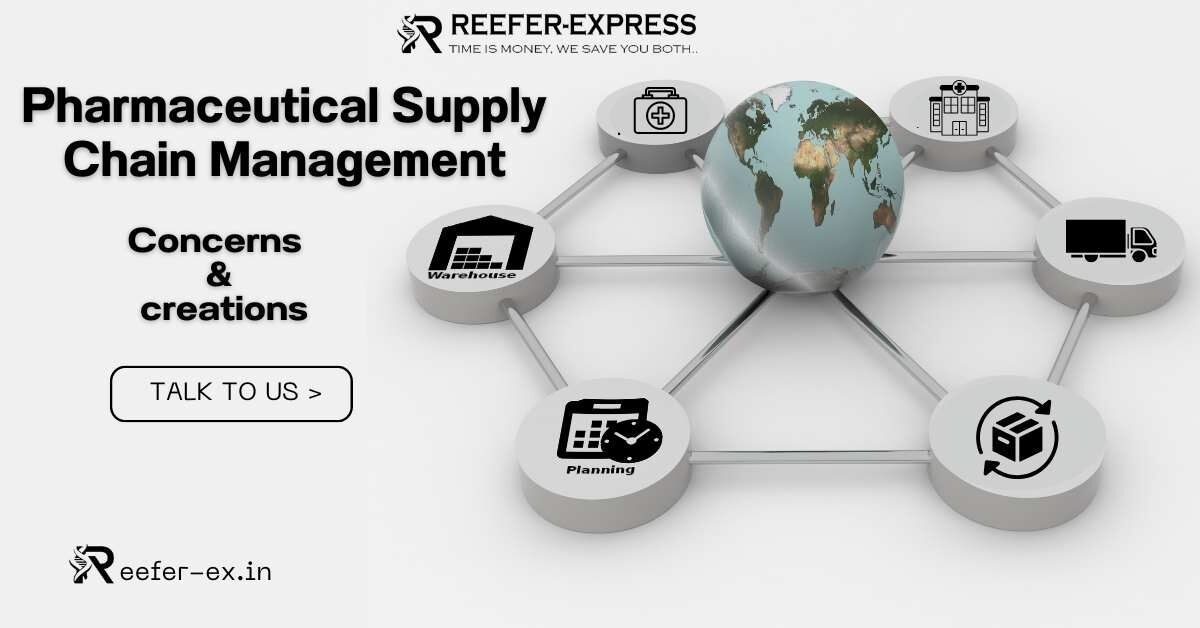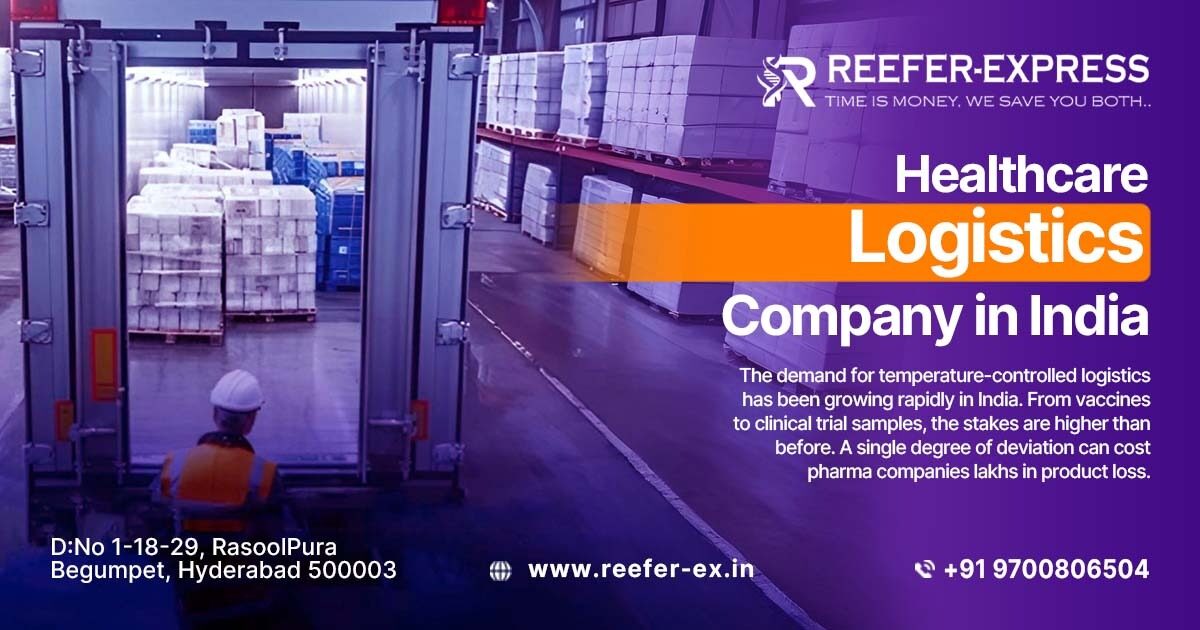Over the past 20 years, globalization has caused a five-fold increase in the traded value of medical products. This growth comes with complex pharma supply chains which include multiple parties across wide geographical areas and thus don’t always communicate effectively or coordinate well – endangering patient safety by compromising product efficacy delivered to consumers around the world.
In the midst of a worldwide pandemic, cold chain issues have caused a 20% loss in COVID-19 vaccines – bringing to light persistent complexity and lack of innovation within supply chains. Poor visibility, inaccurate forecasting, and untimely response create an unwarranted ripple effect; jeopardizing pharmaceutical companies’ reputations as well as public health while putting potential profits at risk too. Furthermore, ineffective drugs distributed on the market constitute yet another obstacle for industry growth that needs immediate attention.
How does the pharmaceutical supply chain work?
The pharmaceutical supply chain solutions typically consists of four different parties working together. These include manufacturers, suppliers/distributors, wholesalers, and pharmacies or healthcare providers. Each party plays an important role in ensuring quality products make it safely to the patient’s hands. Pharmaceutical manufacturers are responsible for producing drugs according to medical standards and regulations, while suppliers/distributors are responsible for logistics and transport of the products. Wholesalers store and manage inventory levels, and pharmacies or healthcare providers dispense drugs to patients.
What challenges does the pharmaceutical supply chain face?
The major challenges that the pharmaceutical supply chain faces include lack of visibility, fluctuating demand, counterfeiting, and logistics complexity. Lack of visibility makes it hard for manufacturers to keep track of where their products are in transit and how close they are to expiration. The Common type of challenges which pharma supply chain faces are listed below:
1. Lack of visibility – manufacturers have limited visibility into real-time product location and expiration dates.
2. Fluctuating demand – forecasting demand is difficult and leads to stocking issues and wasted products.
3. Counterfeiting – fake medications are a major problem in the industry, leading to public health risks as well as financial losses for companies.
4. Logistics complexity – cross-border transportation, storage, and delivery of drugs can be complex.
5. Regulatory compliance – governments require manufacturers to adhere to strict rules and regulations related to the production and distribution of medications.
The way forward: Solutions to the challenges faced in the pharmaceutical supply chain
The most effective solution for improving the efficiency of the pharma supply chain is to adopt a digital transformation approach. By leveraging technology, pharmaceutical companies can bring greater transparency and visibility into every stage of the supply chain process. The use of blockchain, artificial intelligence (AI), and Internet of Things (IoT) technologies can help to secure the supply chain from end to end and streamline communication between stakeholders.
How can pharma logistics be more resilient?
Pharmaceutical companies can develop an agile, resilient supply chain by using integrated planning solutions such as demand forecasting and inventory management. In addition, they can deploy advanced analytics to better predict and model customer demand, thereby improving the accuracy of their supply chain decisions.
Crisis management
With the world shifting to an ever-more connected, digital economy, advanced analytics and innovative technology can be used to create a data-driven crisis management system – allowing companies to stay one step ahead of potential disruptions by providing increased transparency and real-time tracking of in-transit shipments. This predictive approach could prove invaluable for protecting against any unforeseen threats down the line.
Robust cold chain capabilities
Keeping temperature-sensitive medications safe during transportation and distribution requires the use of world-class medical-grade cold chain devices. From refrigerators to freezers, ULTs and even shipping boxes – each plays an essential role in ensuring that products remain stable under ideal conditions. In addition, companies can leverage integrated tracking solutions for complete end-to-end visibility of the cold chain process.
Technological innovation
Advancing technology is revolutionizing how the pharmaceutical industry operates, from manufacturers to warehouses and wholesalers. By accurately forecasting weather conditions, and delays in delivery, identifying risks, and adhering to regulatory constraints along with RFID tracking on logistic shipments of drugs mitigate any disruptive events. Moreover, this improves safety as counterfeit drugs cannot penetrate markets protected by accurate supply chain monitoring techniques.
Innovations in cooling technology, insulation and design features have revolutionized the storage of medicines. Hospitals and healthcare centers now enjoy access to 24/7 monitoring systems that provide insight into interior temperatures, external ambiance levels, GPS positioning data as well as device health statuses. B Connected web interface provides real-time door operation feedback with audio-visual alarms for quick reactions from medical personnel using Remote Temperature Monitoring Devices (RTDs).
With Solar Direct Drive (SDD) refrigerators and transport boxes, it is possible to deliver medical products even in the most remote regions. Utilizing solar power for temperature regulation and green gases that comply with US SNAP and EU F-Gas regulations, these sustainable cold chain devices promise a safe delivery of precious cargo despite any interruptions to the regular supply of energy.
The pharmaceutical sector is projected to soar at a staggering 11.34% CAGR over the next seven years, but its success hinges on an intelligent and resilient supply chain. Harnessing the power of AI, ML, Big Data analysis, and blockchain technology along with cutting-edge cold storage solutions can drastically reduce potential risks while safeguarding product quality through remote temperature regulation software & RFID tracking systems.
Reefer Express: Best Pharma Supply Chain Logistics
Reefer Express is the leading provider of pharmaceutical supply chain logistics solutions. Leveraging advanced technology and making use of our extensive experience in the industry, Reefer Express delivers top-notch cold chain services for your medical products. From temperature-controlled warehouses to sophisticated delivery systems with real-time tracking – we have all you need to ensure a successful and seamless operation. Contact us today to learn more about our services!






